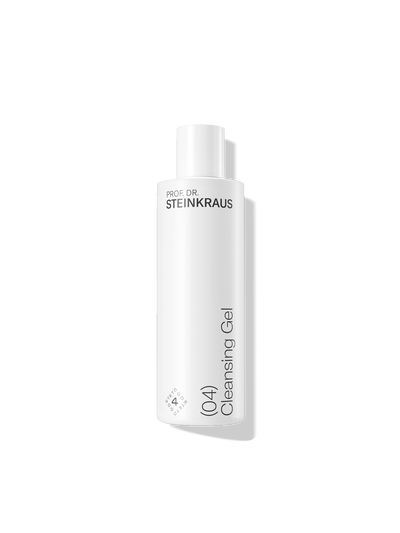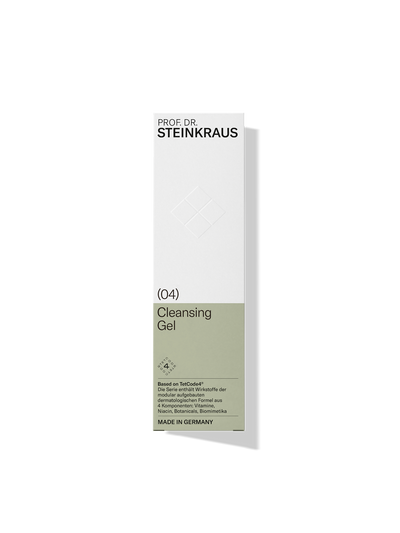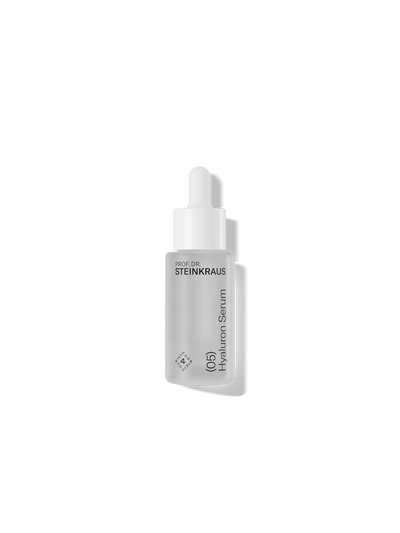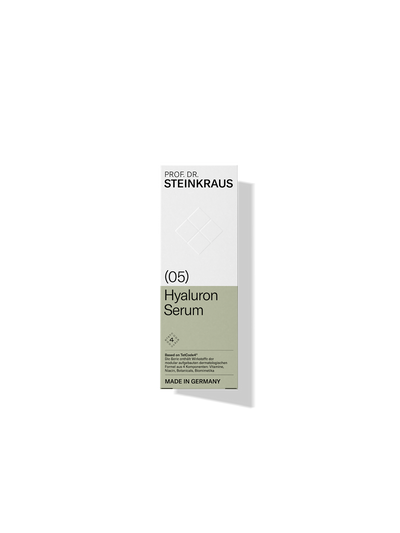
Skin and Cold
The skin, located on the periphery, plays a key role in protecting our body against physical stress. One of these stress factors is the increasing cold.
Among the skin's countless functions, its protective function is the most important. Its purpose is a barrier composed of the outermost cells of the epidermis and a mixture of water and lipids (fats). This barrier is designed to prevent valuable substances from being lost from the inside to the outside and to prevent harmful substances from entering from the outside.
The barrier is a complex mixture of dead epidermal cells, lipids, and numerous small molecules that bind water or moisture ("natural moisturizing factors"). It is controlled by a kind of "internal clock" and is continually exfoliated and rebuilt, meaning the barrier is subject to constant buildup and breakdown. This whole process is orchestrated and influenced by genetic predisposition (skin type), influences of the immune system, skincare and nutritional habits, age, as well as mechanical irritations and physical environmental factors.
Last but not least, the development of an intact skin barrier is accompanied by a slightly acidic pH value and the presence of healthy microorganisms (the microbiome), which finely balance the complexity of the barrier and enable metabolic processes so that everything functions properly at the end of the day. The totality of all these processes, i.e., their smooth interplay, therefore keeps the skin healthy, or not.
The presence of sufficient moisture is important for the integrity and functionality of the barrier described above, since a sufficient amount of moisture is an integral part of a functioning skin barrier.
The onset of cold weather reduces the skin's moisture content, thus disrupting the skin's barrier. This is due to the physical phenomenon that cold dries out, causing the skin to lose moisture. Anyone who hangs laundry in the garden during frosty weather will notice that it dries out. The same thing happens to the skin. It dries out, loses its smoothness and suppleness, and becomes cracked. Occasionally, redness, burning, and itching also occur. These phenomena first appear on skin areas such as the lips, the back of the hands, or even the lower legs, as these are naturally rather dry.
The drying cold outside is often made worse by overheated rooms inside, which dry out even more.

Facial skin is particularly affected by this dehydration in cold weather, as it is often not protected by clothing when exposed to the cold winter air, but is directly exposed to the cold. Improved skin protection for the face is therefore especially important in winter. This is best achieved by intensifying skincare. This is the only way to prevent dehydration. This starts with cleansing, which should not be overdone in winter.
All cleansers, no matter how mildly formulated, contain so-called detergent substances, i.e., surfactants. Surfactants not only cleanse the skin of dirt, but they also always cause a brief disruption of the skin's barrier because they naturally also strip the skin of its oils. Healthy skin is perfectly fine with this, as it can recover very quickly from this short-term disruption caused by the cleansing process, especially if only mild surfactants were used.
Skincare should begin immediately after cleansing. Contact with water ensures that the uppermost layers of skin are still saturated with water, which promotes the absorption of skincare products. In cold weather, skin is more likely to be cared for with richer products that contain less water and more lipids (fats or plant oils). Products with a high water content promote frostbite on the skin, especially in subzero temperatures.
It follows that care products with an ointment character (high fat, low water) should be preferred to those with a lotion character (low fat, high water) in winter.
"But here too, over-care of the skin must be avoided at all costs."
This applies not only to healthy skin, but also to skin that is prone to eczema, neurodermatitis, acne or rosacea.
With a cleansing and care routine finely tailored to your individual skin type, which can also be enhanced with serums such as a vitamin C serum, a vitamin A serum or hyaluronic acid, your skin can be kept in the best mood even in winter.





